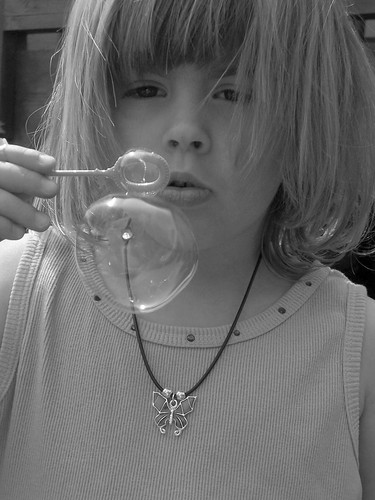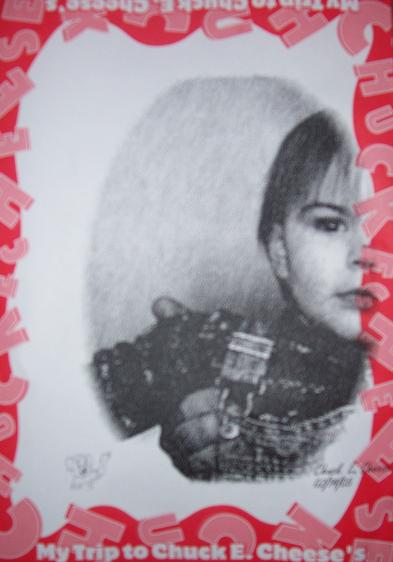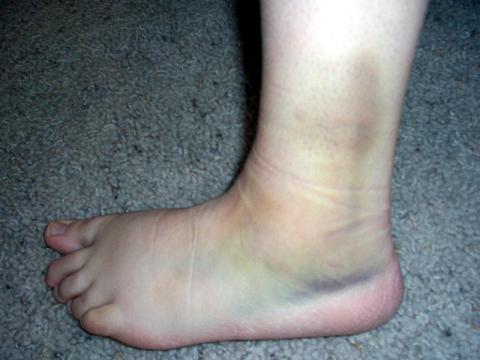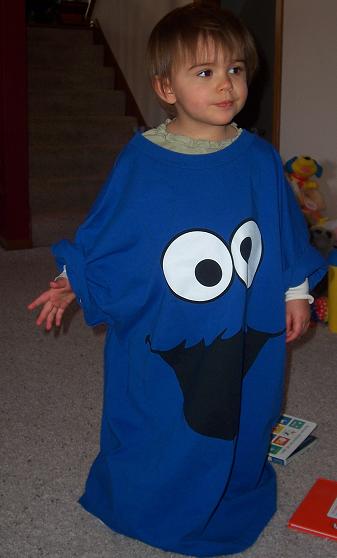Happy Fun Facts with Seymour Hersh
I've been reading Hersh's book Chain of Command: The Road from 9/11 to Abu Ghraib
and feel the need to share the most Happy Fun Facts.
I think I'll just share the warm, happy feelings of safety and security the book incites in the order they arise as I traverse the landscape that is the Bush Administration's handling of a growing terrorist threat, 9/11, and the invasion of a sovereign country. Who am I to rearrange a five-time Polk winner's findings?
Happy Fun Fact 1:
[General Janis Karpinski, in charge of Abu Ghraib at the time of the widely publicized abuses]: I thought most of the civilians there were interpreters, but there were some civilians that I didn't know...I called them disappearing ghosts...They were nice--they'd always call out to me and say "Hey, remember me? How are you doing?" [Hersh]: She had no idea who was operating in her prison system. (p. 61)
She thought they were interpreters? She gave them a cute nickname? They were nice to her, so she thought she'd just go about the business of running a military prison (whatever that entails, if not knowing who's in the building and what they're doing) and wave as people wandered about? If anyone I don't know shows up in my house without being invited, I'll just keep washing dishes and assume he's there to clean the ductwork. As long as he waves at me.
Happy Fun Fact 2:
To be fair to General Karpinski, no one in the U.S. government much cared who did what when it came to intelligence after the Cold War. Beaurocratic barriers limited the pool from which C.I.A. officers could recruit operatives. A retired officer who spoke with Hersh explained the problem with the government's insistence that no one with a criminal history of any kind function as an operative: Look, we recruited assholes. I handled bad guys. But we don't recruit people from the Little Sisters of the Poor--they don't know anything...What we've done to ourselves is criminal. There are a half-dozen good guys out there trying to keep it together. (p. 81)
One can certainly see the potential problems with employing, say, Saddam, to do America's dirty work. It wouldn't be a stroke of genius to offer him immunity from prosecution if he promised to join a Black Ops team and take out Taliban leadership. (Besides, he's more of an in-the-open atrocities kind of guy.) However, the retired agent makes an interesting point. It sounds to me like "Well? Who do you think is going to do this stuff?!"
Oh, right: back to nobody caring who did what. Robert Baer, a field agent who worked in the Counter Terrorism Center, said that because of the dwindling human resources, it was impossible to do anything, so he just watched CNN. He said it made his workday easier. (p. 81)
and feel the need to share the most Happy Fun Facts.
I think I'll just share the warm, happy feelings of safety and security the book incites in the order they arise as I traverse the landscape that is the Bush Administration's handling of a growing terrorist threat, 9/11, and the invasion of a sovereign country. Who am I to rearrange a five-time Polk winner's findings?
Happy Fun Fact 1:
[General Janis Karpinski, in charge of Abu Ghraib at the time of the widely publicized abuses]: I thought most of the civilians there were interpreters, but there were some civilians that I didn't know...I called them disappearing ghosts...They were nice--they'd always call out to me and say "Hey, remember me? How are you doing?" [Hersh]: She had no idea who was operating in her prison system. (p. 61)
She thought they were interpreters? She gave them a cute nickname? They were nice to her, so she thought she'd just go about the business of running a military prison (whatever that entails, if not knowing who's in the building and what they're doing) and wave as people wandered about? If anyone I don't know shows up in my house without being invited, I'll just keep washing dishes and assume he's there to clean the ductwork. As long as he waves at me.
Happy Fun Fact 2:
To be fair to General Karpinski, no one in the U.S. government much cared who did what when it came to intelligence after the Cold War. Beaurocratic barriers limited the pool from which C.I.A. officers could recruit operatives. A retired officer who spoke with Hersh explained the problem with the government's insistence that no one with a criminal history of any kind function as an operative: Look, we recruited assholes. I handled bad guys. But we don't recruit people from the Little Sisters of the Poor--they don't know anything...What we've done to ourselves is criminal. There are a half-dozen good guys out there trying to keep it together. (p. 81)
One can certainly see the potential problems with employing, say, Saddam, to do America's dirty work. It wouldn't be a stroke of genius to offer him immunity from prosecution if he promised to join a Black Ops team and take out Taliban leadership. (Besides, he's more of an in-the-open atrocities kind of guy.) However, the retired agent makes an interesting point. It sounds to me like "Well? Who do you think is going to do this stuff?!"
Oh, right: back to nobody caring who did what. Robert Baer, a field agent who worked in the Counter Terrorism Center, said that because of the dwindling human resources, it was impossible to do anything, so he just watched CNN. He said it made his workday easier. (p. 81)








